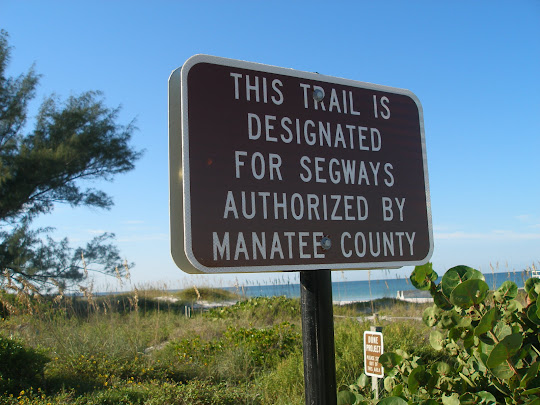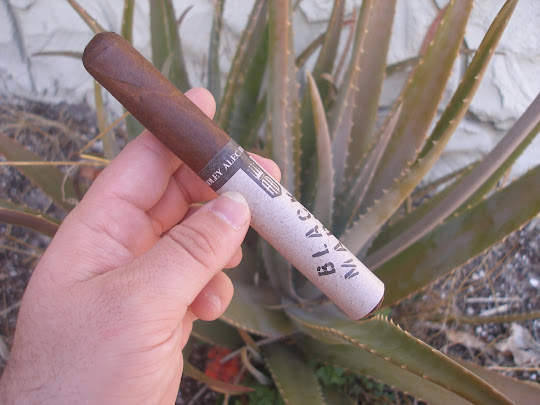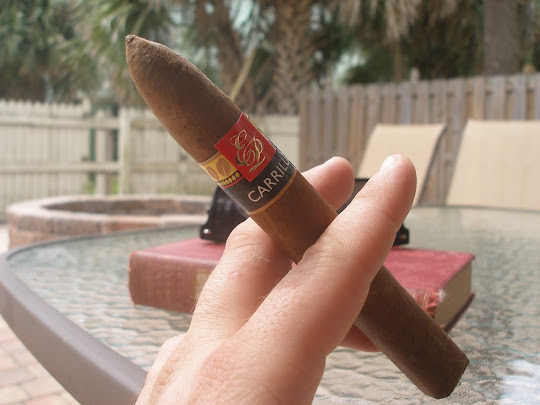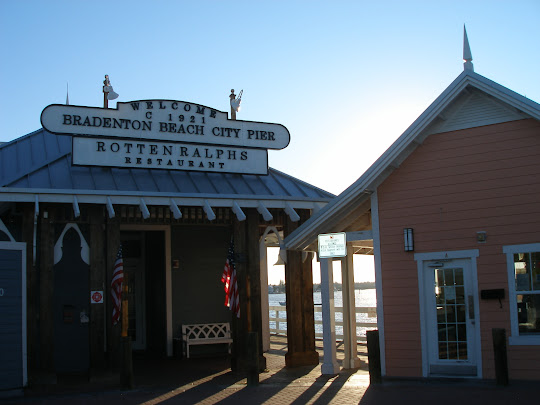It's fitting in a way that the two states which I declare my home are both hubs of the tobacco industry, but in two very very different ways. Kentucky, on the one hand, has long been synonymous with Big Tobacco's little death utensils called cigarettes; Florida, on the other hand, is the land of the cigar, the gateway to ancient tribal tradition, the door into summer. The dichotomy couldn't be more pronounced.
I've expounded elsewhere on why cigars are not even close to being comparable to cigarettes in any way, so I won't belabor the point here. Suffice it to say, the tobacco in common man's cigarettes is laden with additives, weird chemicals, radioactive tailings and God knows what else. The tobacco in cigars may not exactly be "healthy" (as opposed to, say, car exhaust, factory air pollution, aluminum and benzene-laden personal care products/fragrances, BPA-tainted receipts, or Fukushima fallout?) but at least it's 100% real compared to the crap Philip Morris pushes - like the difference between farm-fresh organic Amish cheese and a box of Velveeta.
You either get the cigar thing or you don't, and I have long since lost patience trying to explain it to the non-getters.
Cigarettes are a very modern innovation, not gaining traction among smokers until the 19th century and not outselling cigars until the early 20th. Unlike cigars - which are whole pieces of leaves rolled together - cigarettes have almost always been tubes of paper filled with tiny fish-food-like flakes of effluvia purported to be tobacco but could really be anything and who would really know? The smoking of a cigar is a very old practice, hallowed by usage and consecrated by time. It goes back at least to the Mayan era - the very word cigar is ultimately derived from the Mayan sicar (verb meaning "to smoke tobacco".) Wikipedia says:
Explorer Christopher Columbus is generally credited with the introduction of tobacco to Europe. Two of Columbus's crewmen during his 1492 journey, Rodrigo de Jerez and Luis de Torres, are said to have encountered tobacco for the first time on the island of Hispaniola, when natives presented them with dry leaves that spread a peculiar fragrance. Tobacco was widely diffused among all of the islands of the Caribbean and therefore they again encountered it in Cuba where Columbus and his men had settled. His sailors reported that the Taínos on the island of Cuba smoked a primitive form of cigar, with twisted, dried tobacco leaves rolled in other leaves such as palm or plantain.
In due course, Spanish and other European sailors adopted the hobby of smoking rolls of leaves, as did the Conquistadors, and smoking primitive cigars spread to Spain and Portugal and eventually France, most probably through Jean Nicot, the French ambassador to Portugal, who gave his name to nicotine. Later, the hobby spread to Italy and, after Sir Walter Raleigh's voyages to the Americas, to Britain. Smoking became familiar throughout Europe—in pipes in Britain—by the mid-16th century and, half a century later, tobacco started to be grown commercially in America.

Commercial cigar rolling first came to Florida in the 1830s, but it wasn't until 1869 when Florida became the cigar capital of the world. That's when Spanish cigar manufacturer Vicente Martinez Ybor moved his business from Cuba to Key West to escape the Ten Years War. Other cigar manufacturers quickly followed suit, and for a short time Key West became the world's cigar manufacturing center. But in 1885, Mr. Ybor moved again, buying up land near Tampa and building what was then the world's largest cigar factory. After an 1886 fire destroyed much of Key West, all the other cigar companies once again followed Ybor's lead and made the move north to Tampa. Ybor's cigar empire no longer exists, but his majestic Ybor Square still stands today.
Nowadays, practically all of Florida is a hotspot for cigar action. Tabanero is keeping the hand-rolled tradition alive in Tampa, while my friend J.C. the Cuban Roller stays busy rollin' 'em up one at a time in St. Augustine, Alec Bradley's got it goin' on in Ft. Lauderdale and my all time favorite cigar maker, Drew Estate, is based in Miami.
Funny thing is, I don't even consider myself a smoker. Even though I reluctantly take part in the Twitter hashtag #nowsmoking, I prefer the term "cigar tasting", similar to that of wine tasting - meaning you're just sampling small quantities and not seeking to get falling-down-drunk on wine nor frantically herfing down a stick as fast and as hard as possible seeking a make-the-room-go-spinning buzz. My doctor and my insurer would probably disagree with my philosophical position, that is, if I had any interest in having a doctor or an insurer. Which I don't. They work their side of the street and I work mine.





























.jpg)




















